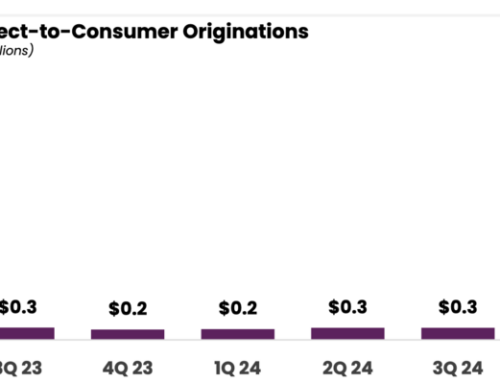The Consumer Financial Protection Bureau has filed a federal lawsuit alleging that Experian’s responses to borrower complaints about accuracy violate the Fair Credit Reporting Act.
In the lawsuit filed in California’s Central District, the CFPB alleges that Experian responds to such complaints with half-hearted efforts in which it fails to question logical discrepancies in furnisher information and sometimes reinserts inaccurate information into reports after deletion.
The move reflects bureau’s longstanding concerns about the accuracy of information that plays a key role in loan access, pricing and performance as CFPB Director Rohit Chopra engages in a flurry of activity ahead of his anticipated departure from the agency.
“When consumers disputed errors on their credit reports, Experian conducted sham investigations rather than property reviewing the disputes as required by laws,” Chopra said in a press release. “Credit reporting errors can have serious consequences for a family’s finances.”
Experian had not responded to an inquiry from this publication at deadline.
In the lawsuit, the bureau calls for Experian to bring its efforts to correct inaccurate information in line with the FCRA, provide funds to consumers whose finances were allegedly damaged by inaccurate information and civil money penalties for violations.
In a quarterly report on examination findings earlier this year, the CFPB warned that it had seen inaccuracies on the part of furnishers and the credit reporting agencies, including some that harmed vulnerable populations like victims of human trafficking and identity theft.
The Experian lawsuit’s filing came shortly after another credit report-related CFPB announcement in which the bureau finalized a rule aimed at collectively removing roughly $49 billion in medical debt from 15 million consumers’ records and disallowing consideration of it in lending decisions.
That rule has faced some opposition due to its potential to compromise credit reports. It’s intended to ensure those forced to borrow for health reasons won’t be penalized for circumstances beyond their control. Medical debt under $500 is already excluded from reports, after which some lenders saw a pickup in loan inquiries.
Congress has previously given the bureau authority in the FCRA to create regulatory exemptions related to the limitations on the use of medical information by creditors in 2005.
The concerns the bureau has had with credit reporting agencies are wide-ranging and predate Chopra.
One of his predecessors as head of the bureau, Richard Cordray, had sought to expand the CFPB’s influence over CRAs after another member of the big three, Equifax, experienced a massive data breach in 2017 that exposed consumer information.
The third member of the group, TransUnion, also has faced CFPB scrutiny. In 2023, the bureau and the Federal Trade Commission ordered that company to pay $23 million following allegations it engaged in illegal credit reporting practices and background checks.
Republican politicians have opposed efforts to expand the bureau’s authority, raising questions about what might happen to Chopra’s initiatives after a sea change in Washington that favors conservatives.
Democrats in Congress have backed Chopra’s push to weed out inaccuracies in credit reports from early on in the course of the Biden administration.

